There are a myriad of professions in our community, all trying to sell us a product, service, or both. A lot of folks selling these goods sound really good. The really sound like they know what they are talking about. From my experience a lot of them are honest and sincere in conveying their abilities and knowledge on their respective subjects. But how can you tell if they really are that knowledgeable? While this is certainly not an extensive list, I will try to give you some tips that you can use to unravel this mystery. Being a firearms instructor, I will emphasize this category of service.
When you are shopping around for a product or service it is wise to look at the reputation the company has in the community. A good place to start is the Better Business Bureau. The vetting process companies go through with the BBB is fairly extensive. There are those who look at the BBB as just an organization that will take a company’s money just for a good rating. Yes, there is a fee associated with membership but if the company doesn’t meet the criteria of the BBB they will not receive that coveted A+ rating. A lot of companies choose to not join the BBB, and that’s fine. The BBB still can be a good place to start to see if anyone has filed a complaint against the company and, if so, what was the resolution.
Many professions have a licensure requirement. I read in the news this morning (11 March 17) that a gun shop owner in the Denver area was convicted of selling guns without a license. He had had his Federal Firearms License pulled some time back for illegal transactions but continued to sell guns using someone else’s license.
I have done a lot of electrical work in the years gone by but I am not a licensed electrician. I could probably do a lot to help fix electrical problems in your home or office but you would be on the hook if something went wrong with the repair. A licensed electrician brings not only liability insurance with the job but also brings a lot of experience and knowledge to the job as well. This experience and knowledge is proven by the fact that the state has approved him/her as a professional. That is a vetting process that you and I cannot undertake.
Many professions do not have a licensure requirement but rather a certification requirement. The difference is that a license is granted by a governmental body and a certification is granted by a certifying agency or organization. For instance my profession as a firearms and personal protection instructor does not require a license in Colorado, but it does require certification. I am certified by the National Rifle Association and the United States Concealed Carry Association. The NRA certification is required for me to be able to sign the training certificate that you take to the county sheriff to apply for your Concealed Handgun Permit (CHP). In all honesty, there are certified basic pistol instructors on just about every block (slight exaggeration) in El Paso County. How do you know if they are truly qualified to offer quality training?
The first place to look, besides checking the currency of their certification, is to ask them when was the last time they took additional training. With what organization/trainer did they train? An instructor that does not seek outside training is “living in a bubble.” The instructor who is not open to other methods of teaching is stagnant in his/her curriculum.
You should also look at the instructor’s experience. Is a new instructor working under the tutelage of a Training Counselor, or is he trying to “wing it” on his own? Along with accepting guidance from a Training Counselor, instructors should be able and willing to learn from his students. I learn something from almost every class I teach.
Is the instructor given to impressing students with “war stories?” An emphasis on personal exploits tends to aggrandize the instructor and not to edify the students. This completely defeats the purpose of the course. These instructors should be avoided. Don’t misunderstand, real-world examples can certainly reinforce instruction but should be couched as an example and not a “pump-job” for the instructor.
Does the instructor have a reputation for two-way dialogue with students? As I mentioned earlier, I learn something from nearly every class. Instruction should be a conversation, not a one-way transmission of information. Firearms and personal protection instruction should be a give and take proposition. For instance, I cannot tell you how to defend your home, I can only give you the basics of home defense. Only you can determine the best way to defend against a home invasion. I cannot tell you what to do in the case of an attack when you are out on the street or in your car because every situation will be different. You may experience five violent attacks in a year (gross exaggeration) and no two attacks will be the same; no two responses by you will be the same.
Whether you are looking for an electrician, a roofer, a dentist, or a firearms instructor, check their qualifications. Those who are truly qualified are dedicated to their craft and prove it by continued excellence.

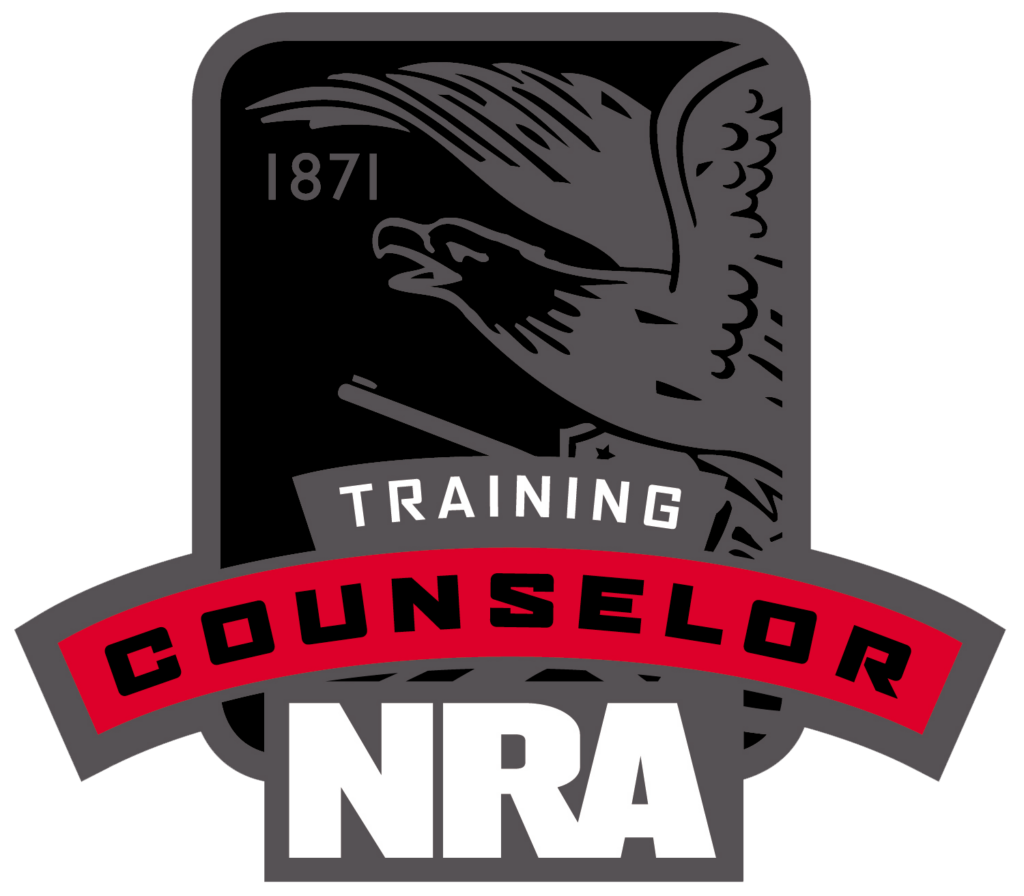
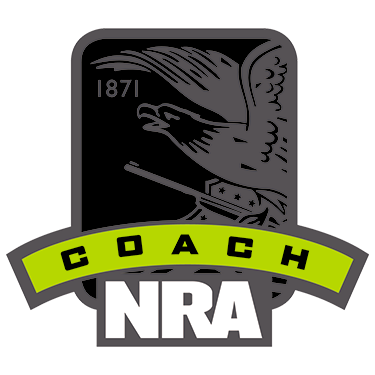
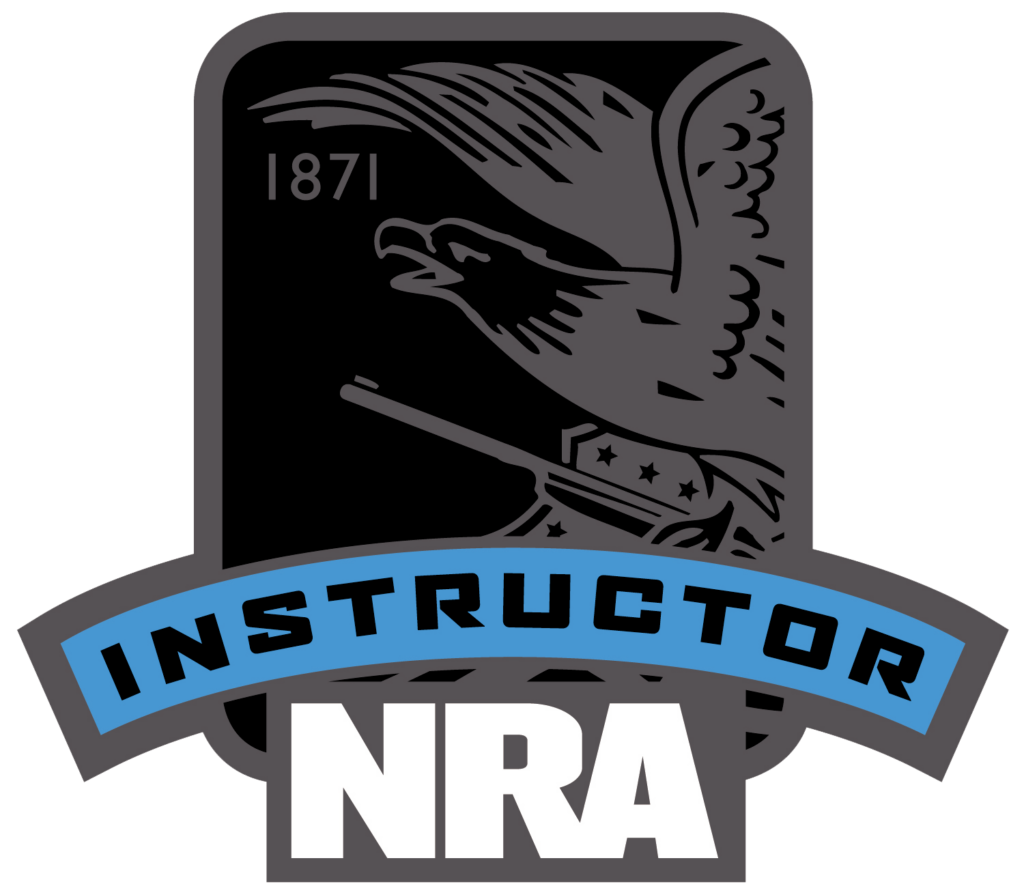
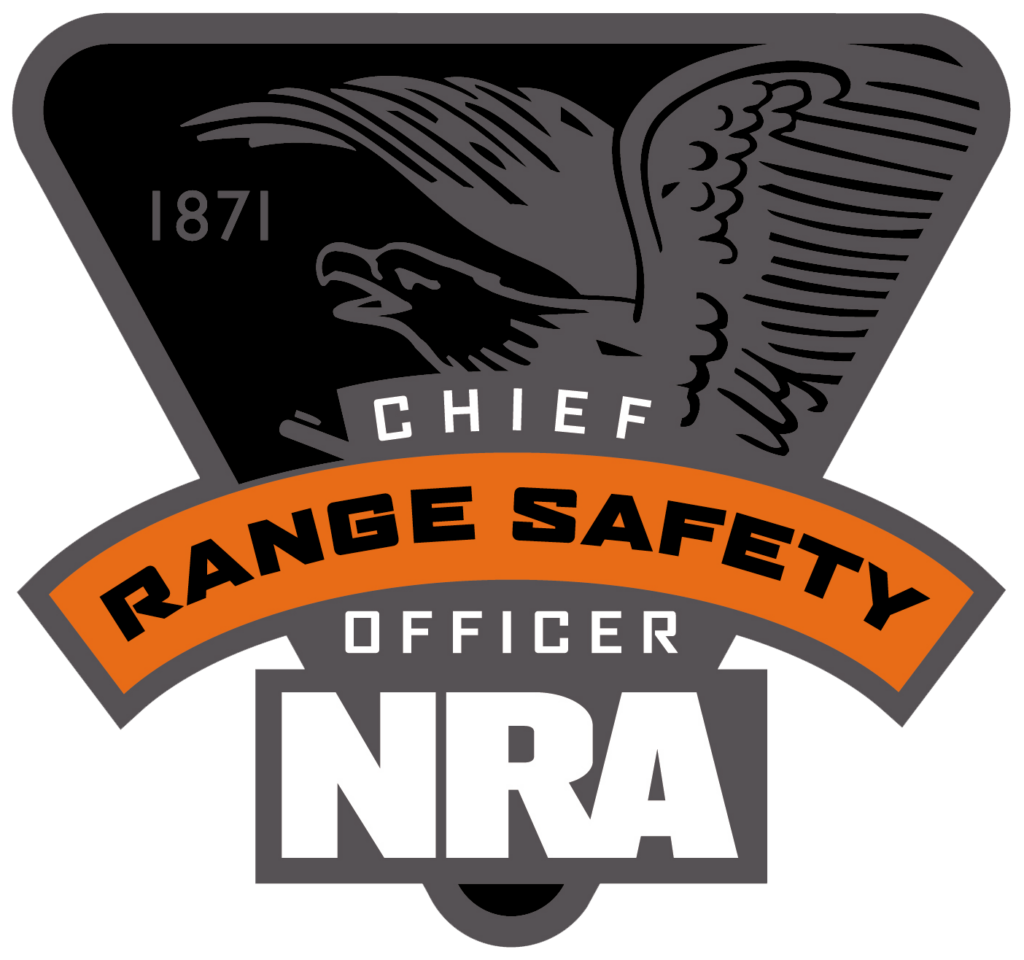
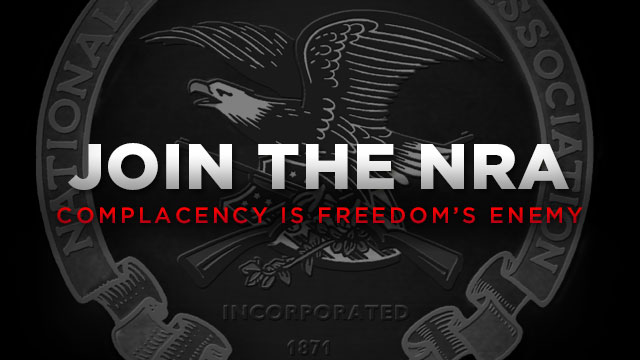

One Response
Dan you are Top Gun! I know I can trust you for you are a man of integrity. Thanks.